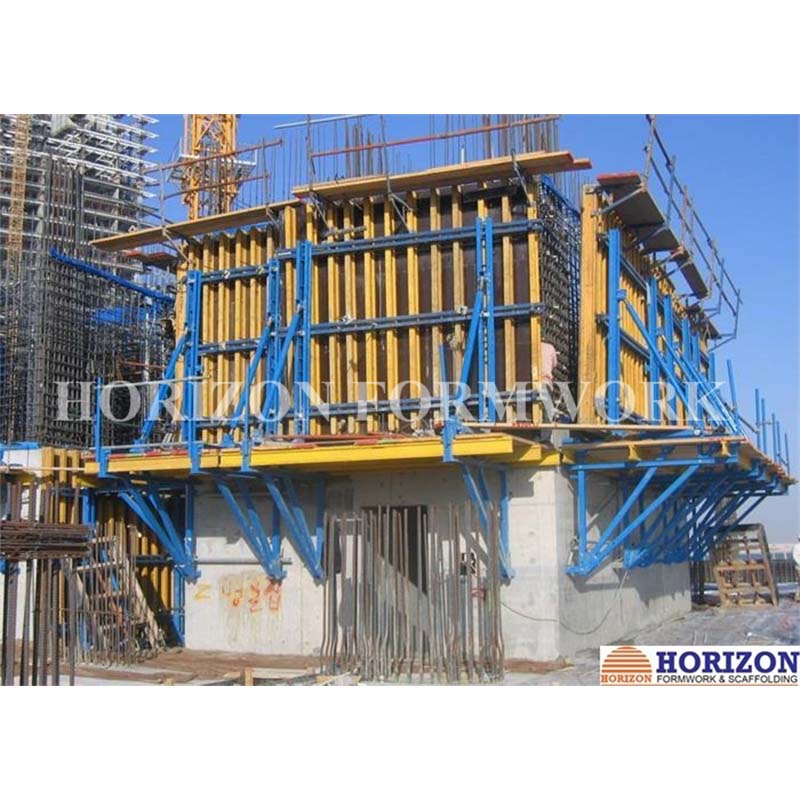نويابىر . 08, 2024 15:53 Back to list
formwork for concrete columns manufacturer
Formwork for Concrete Columns An Overview of Manufacturers and Innovations
When undertaking concrete construction projects, one of the critical components that ensure structural integrity is formwork. Particularly for concrete columns, formwork plays a vital role. It provides the necessary support to shape and hold the concrete until it cures. As construction techniques evolve, so do the needs for more sophisticated, reliable, and cost-effective formwork solutions. This article explores the importance of formwork for concrete columns, the types available, and prominent manufacturers leading the charge in innovation.
Understanding Formwork
Formwork is a temporary or permanent mold that is used to hold fresh concrete in place while it hardens. In the context of concrete columns, it is especially crucial as these vertical structures must bear substantial loads and withstand various forces over time. Well-designed formwork ensures that the columns maintain their intended dimensions and that the concrete achieves its optimal strength.
Types of Formwork
There are various types of formwork systems used in constructing concrete columns
1. Timber Formwork Traditionally, timber has been the go-to choice for formwork due to its availability and ease of use. However, it can be costly and time-consuming to assemble, and its lifespan is limited.
2. Steel Formwork Known for its durability and reusability, steel formwork allows for a smoother finish and better precision. It is long-lasting and suitable for large-scale projects, though it can be more expensive upfront.
3. Aluminum Formwork Lightweight and easy to handle, aluminum formwork is becoming increasingly popular. It is especially beneficial for projects requiring a quick turnaround and high-quality finishes.
4. Plastic Formwork An innovative option that has emerged in recent years, plastic formwork is resistant to corrosion, moisture, and chemicals. It is lightweight, easy to clean, and offers various shapes and sizes.
5. Modular Formwork This system uses pre-engineered modules that can be assembled in various configurations. It is flexible, adaptable, and can reduce construction time significantly.
The Role of Manufacturers
The market for formwork systems has grown significantly, with several manufacturers leading in delivering innovative solutions tailored to different project requirements. Some prominent manufacturers include
formwork for concrete columns manufacturer

1. PERI A global leader in formwork and scaffolding, PERI offers a wide range of solutions for concrete columns, including modular systems that can be easily adapted to various designs and project sizes.
2. Doka Known for its cutting-edge formwork technology, Doka provides comprehensive solutions that enhance efficiency and reduce labor costs. Their systems are widely used in high-rise building constructions.
3. SFS Group Specializing in high-performance formwork, SFS Group focuses on sustainable solutions that cater to the increasing demand for environmentally friendly construction practices.
4. Altrad Altrad is renowned for its flexible and innovative formwork solutions, especially its proprietary systems that allow for quick assembly and reusability in numerous projects.
5. Formwork and Scaffolding Manufacturers Association (FSMA) This association encompasses a range of manufacturers that provide standardized best practices and information to improve formwork systems and their applications within construction.
Innovative Trends in Formwork
As the construction industry continues to evolve, manufacturers are investing in advanced technology for formwork systems. Some notable trends include
- Digitalization With the integration of Building Information Modeling (BIM) into construction processes, formwork manufacturers are adopting digital design tools to create custom formwork solutions that fit specific project requirements.
- Sustainability Eco-friendly materials and practices are becoming paramount. Many manufacturers are focusing on developing recyclable formwork solutions that minimize waste and environmental impact.
- Automation The role of robotics in construction is growing. Automated formwork systems can enhance precision, reduce labor costs, and improve safety on job sites.
Conclusion
The role of formwork for concrete columns is pivotal in ensuring the strength and stability of structures. With various types and manufacturers available, it is essential for construction professionals to select the right formwork system that meets their project specifications. Emphasizing innovation, sustainability, and efficiency, leading manufacturers are shaping the future of construction, ultimately paving the way for safer, more durable, and environmentally conscious buildings. As techniques advance and new materials emerge, the formwork industry will continue to grow, presenting both challenges and opportunities to those involved in the construction field.
-
Premium Formwork Wing Nuts & Tie Rods | Factory Supplier
NewsAug.29,2025
-
Expert Ringlock Scaffolding: Durable, Safe, Efficient Solutions
NewsAug.28,2025
-
Ringlock Scaffolding: Strong, Safe & Efficient Solutions
NewsAug.27,2025
-
OEM Column Formwork: Circular, Curved & Inclined Solutions
NewsAug.26,2025
-
Premium Scaffolding Jacks: Stable, Adjustable & Durable
NewsAug.25,2025
-
OEM Wall Formwork & Shuttering: Flexible & Curved Solutions
NewsAug.24,2025